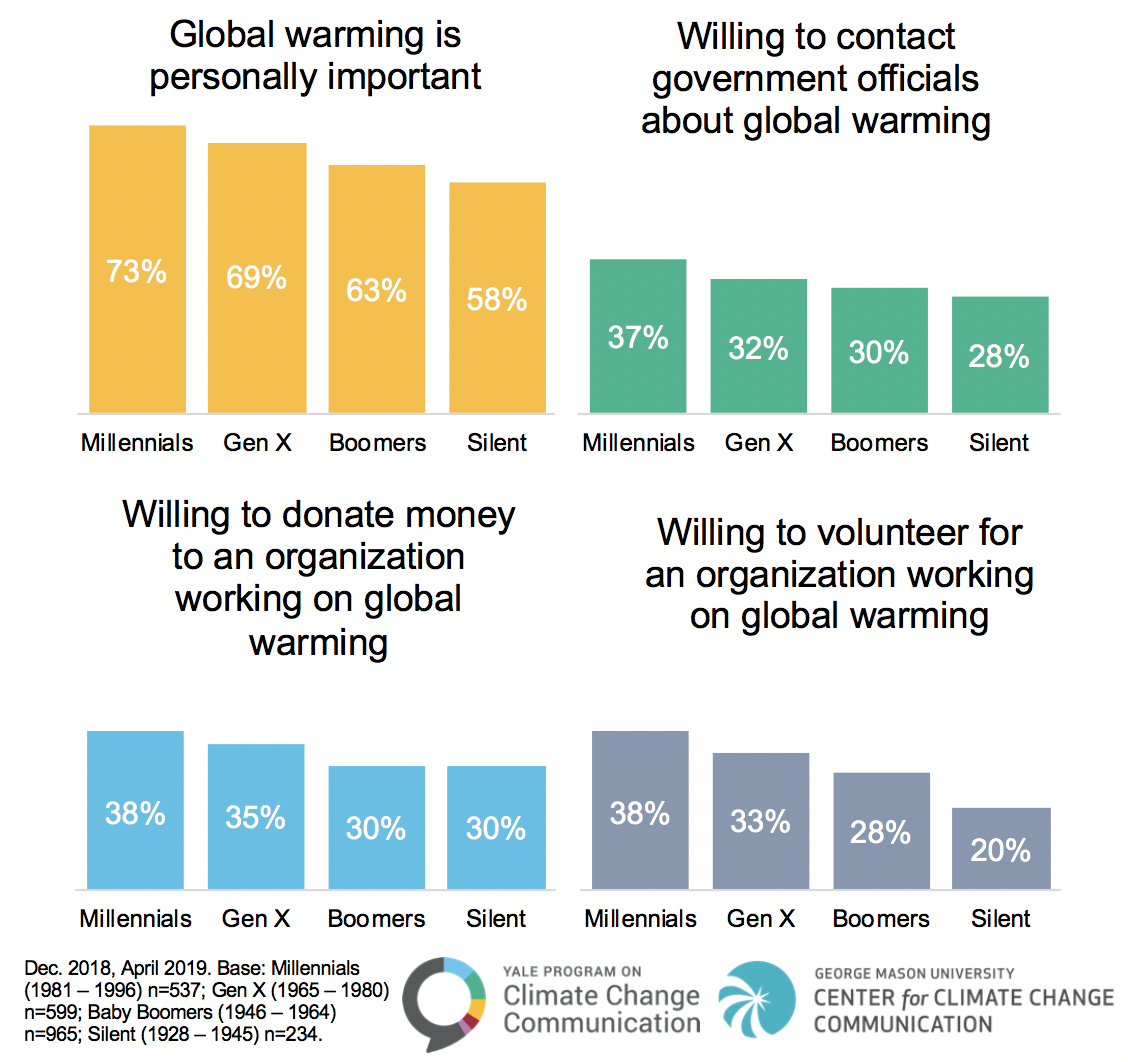- Published on
- views・
Frictionless Ways to Be an Actionable Human During the End of the World
- Authors

- Name
- Jason Tran
- Github
- @jktrn
Introduction
Taking action against the climate crisis is a privilege. While the devastating and blatant effects of climate change are evident across the globe——from the 45.7 million acres of wildfire devasation in Canada to 2023 being the hottest year ever recorded in modern history——the ability to make meaningful lifestyle changes in response to the crisis is often exclusive to those with the means, resources, and flexibility to do so.1 For many, even the concept of overhauling daily routines and consumption habits for the sake of reducing "carbon footprint" (trendy zero-waste routines, purchasing electric cars) seems like a luxury; many people don’t even have the time and money to take care of themselves, let alone the planet.

(Courtesy of Copernicus Climate Change Service) 2023 was by far the hottest year recorded in modern history.
This is a harsh truth which creates this dichotomy:
- The people who are most passionate about climate action (more often than not, younger generations and those who are most affected by the crisis) have the least resources to make a difference.
- The people who have the most resources to make a difference (older generations, those with higher income) have the least incentive to do so; "I'll be dead before it bothers me" is a common sentiment.

(Courtesy of Yale Program on Climate Change Communication) Sentiment on climate change varies per age group.
It's so easy to feel insignificant as an individual. Yet, this mentality undermines the power of collective action——if every American showered for one minute less per day, we'd save 170 billion gallons of water per year.2
I personally believe that the best way to make a difference is to make it easy for people to do so. Friction is the enemy of action, and democratizing climate action is the key to creating differences. I've assembled three sliders that you can adjust to your personal circumstances to reveal what you can incorporate into your life to be a better human.
Time, Money, and Effort
Time, money, and effort are the three main barriers to entry for climate action. Many people don't have the time to research and implement changes, the money to purchase sustainable things (typically more expensive than their unsustainable counterparts), or the effort to change their habits. Since the person who knows your scenario best is you, I've created sliders for each of these three categories that you can adjust to your personal circumstances. They'll appear as you scroll down the page!
The Rating System
Each actionable item is rated on a scale from 1 to 3 based on how much time, money, and effort it requires:
| Scale | Time | Money | Effort |
|---|---|---|---|
| 1 | Minutes: Typically a small habit which takes only a couple moments of your time. | Free: No cost involved or potential savings compared to your current expenses. | Effortless: Minimal to no effort needed, or even less effort than you're currently putting in. |
| 2 | Days: A reasonable time commitment, but not a drastic departure from your existing schedule. | Affordable: Some financial investment required, but not a substantial burden. | Motivated: Moderate effort and willpower necessary, but well within your capabilities without major upheaval. |
| 3 | Weeks: A substantial time investment or a significant restructuring of your current time allocation. | Expensive: A considerable financial commitment, but one that delivers meaningful results. | Dedicated: Significant effort involved to reshape your habits or routines, but with transformative outcomes. |
I've also rated the impact of each action on a scale from 1 to 3 based on how much of an actual difference it makes to your carbon footprint.
Actionable Items
Time Investment
Money Investment
Effort Required
Time Investment
Money Investment
Effort Required
Significant Impact
Moderate Impact
Some Impact
Afterword
While the climate crisis is a systemic issue that requires systemic-level solutions, individual action is still important and can make enormous differences as a collective. Although many people lack the time, money, and spare effort to make the most impactful changes, there are still many small things that we can all adapt which can make a difference. Yes, it's easy to feel overwhelmed, which is why I've attempted to make it as frictionless as possible to create second-nature habits rather than burdensome obligations. Remember, the best way to make a difference is to make it easy for people to do so.
